Tag: Mississippi River
Wikipedia says: The Mississippi River is the second-longest river and chief river of the second-largest drainage system on the North American continent, second only to the Hudson Bay drainage system. From its traditional source of Lake Itasca in northern Minnesota, it flows generally south for 2,320 miles (3,730 km) to the Mississippi River Delta in the Gulf of Mexico. With its many tributaries, the Mississippi’s watershed drains all or parts of 32 U.S. states and two Canadian provinces between the Rocky and Appalachian mountains. The main stem is entirely within the United States; the total drainage basin is 1,151,000 sq mi (2,980,000 km2), of which only about one percent is in Canada. The Mississippi ranks as the fourteenth-largest river by discharge in the world. The river either borders or passes through the states of Minnesota, Wisconsin, Iowa, Illinois, Missouri, Kentucky, Tennessee, Arkansas, Mississippi, and Louisiana.
Native Americans have lived along the Mississippi River and its tributaries for thousands of years. Most were hunter-gatherers, but some, such as the Mound Builders, formed prolific agricultural and urban civilizations. The arrival of Europeans in the 16th century changed the native way of life as first explorers, then settlers, ventured into the basin in increasing numbers. The river served first as a barrier, forming borders for New Spain, New France, and the early United States, and then as a vital transportation artery and communications link. In the 19th century, during the height of the ideology of manifest destiny, the Mississippi and several western tributaries, most notably the Missouri, formed pathways for the western expansion of the United States.
Formed from thick layers of the river’s silt deposits, the Mississippi embayment is one of the most fertile regions of the United States; steamboats were widely used in the 19th and early 20th centuries to ship agricultural and industrial goods. During the American Civil War, the Mississippi’s capture by Union forces marked a turning point towards victory, due to the river’s strategic importance to the Confederate war effort.
Civil War
Control of the river was a strategic objective of both sides in the American Civil War, forming a part of the U.S. Anaconda Plan. In 1862 Union forces coming down the river successfully cleared Confederate defenses at Island Number 10 and Memphis, Tennessee, while Naval forces coming upriver from the Gulf of Mexico captured New Orleans, Louisiana. The remaining major Confederate stronghold was on the heights overlooking the river at Vicksburg, Mississippi, and the Union’s Vicksburg Campaign (December 1862 to July 1863), and the fall of Port Hudson, completed control of the lower Mississippi River. The Union victory ending the Siege of Vicksburg on July 4, 1863, was pivotal to the Union’s final victory of the Civil War.
Showing 1–16 of 34 results
-

Image ID: AJPT
$6.99 -

Image ID: ANCP
$5.99 -

Image ID: ANCR
$5.99 -

Image ID: ANCS
$3.99 -
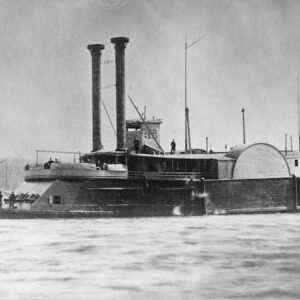
Image ID: ANCT
$5.99 -

Image ID: ANCU
$5.99 -

Image ID: ANCV
$4.99 -

Image ID: ANCW
$0.99 -
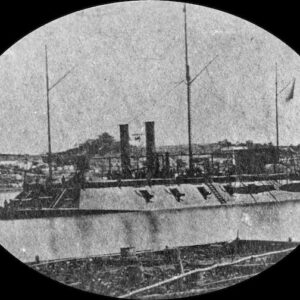
Image ID: ANCX
$3.99 -
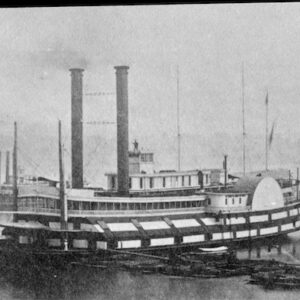
Image ID: ANCY
$3.99 -

Image ID: ANCZ
$5.99 -
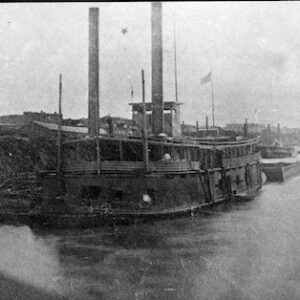
Image ID: ANDA
$0.99 -
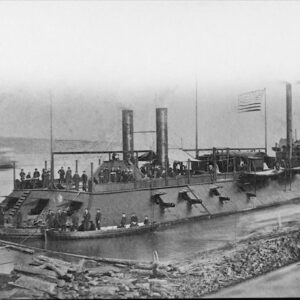
Image ID: ANDB
$5.99 -
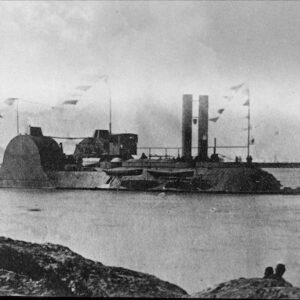
Image ID: ANDC
$4.99 -
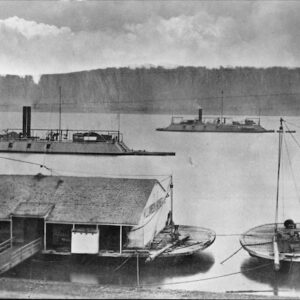
Image ID: ANDD
$5.99 -
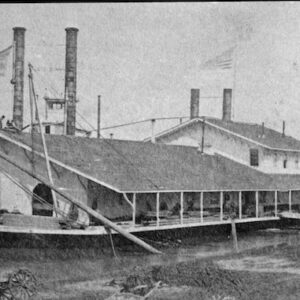
Image ID: ANDE
$3.99